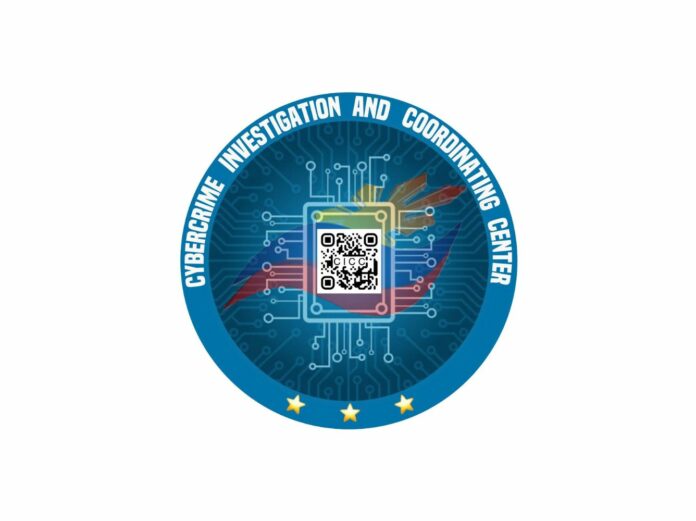The Cybercrime Investigation and Coordinating Center (CICC) has forged a five-year pact helping PayMongo Philippines, Inc. protect small and medium enterprises (SMEs) from cybercrime.
Under the newly-signed memorandum of agreement (MOA), CICC and PayMongo collaborate in anti-cybercrime programs and campaigns, assist in the investigation of cybercrimes and in improving linkages with other agencies.
They also agreed to respect confidentiality and data privacy in implementing the collaboration.
“This MOA means that you have [PayMongo] a commitment to work with us closely,“ CICC executive director Alexander K. Ramos said.
“We will also provide support to PayMongo in addressing cybercrime incidents involving their stakeholders, including clients, executives, and employees,” he added.
Ramos said the CICC partners, both in government and the private sector, have important roles in the successful prosecution and conviction of cybercrime suspects.
PayMongo president and chief executive officer Elmer M. Malolos welcomed the signing of the MOA. He acknowledged the fintech sector is most vulnerable to cybercrime.
“We aim to educate our merchants on financial literacy to help them grow their business and also as added protection,” he said.
“We are proposing that financial literacy for SMEs include cybercrime awareness,” Malolos added.
PayMongo has 15,100 merchants as of July 2024. It has been receiving 20 scam-related complaints a month on average.
The CICC is an attached agency of the Department of Information and Communications Technology (DICT). It was created by virtue of Republic Act 10175 or the Cybercrime Prevention Act of 2012 and is the country’s lead agency in the prevention and suppression of cybercrime.
PayMongo was established in May 2019 by a group of software engineers and entrepreneurs.







